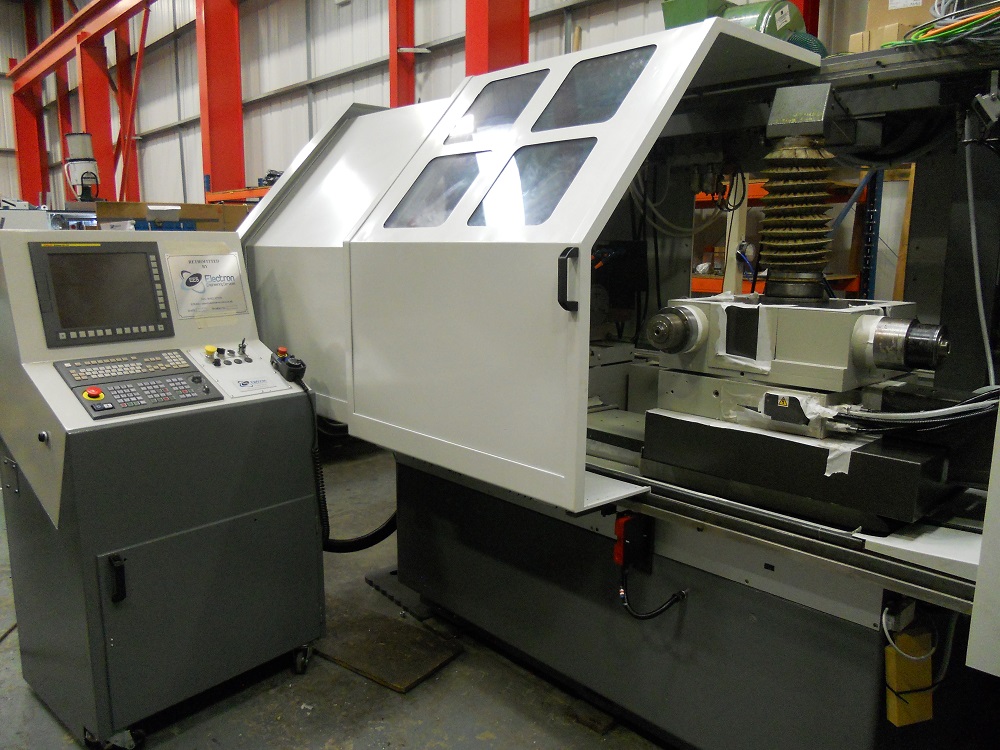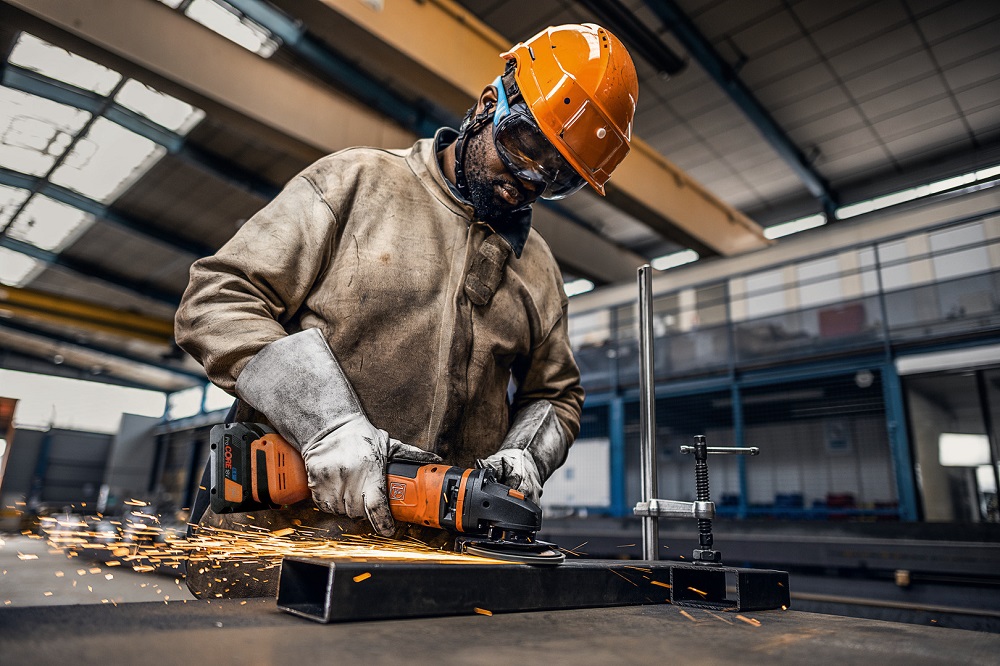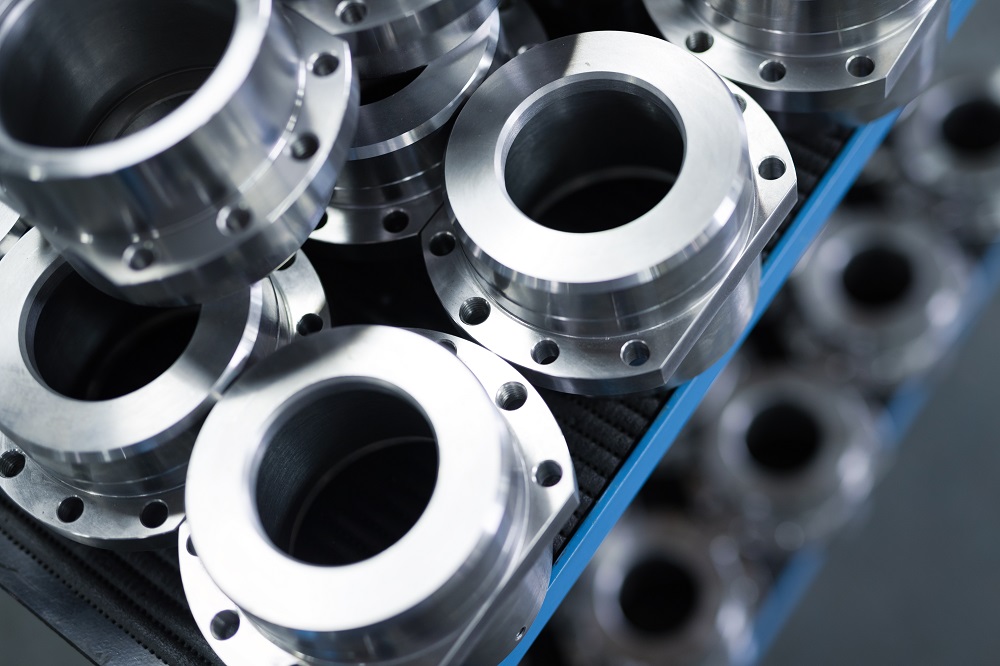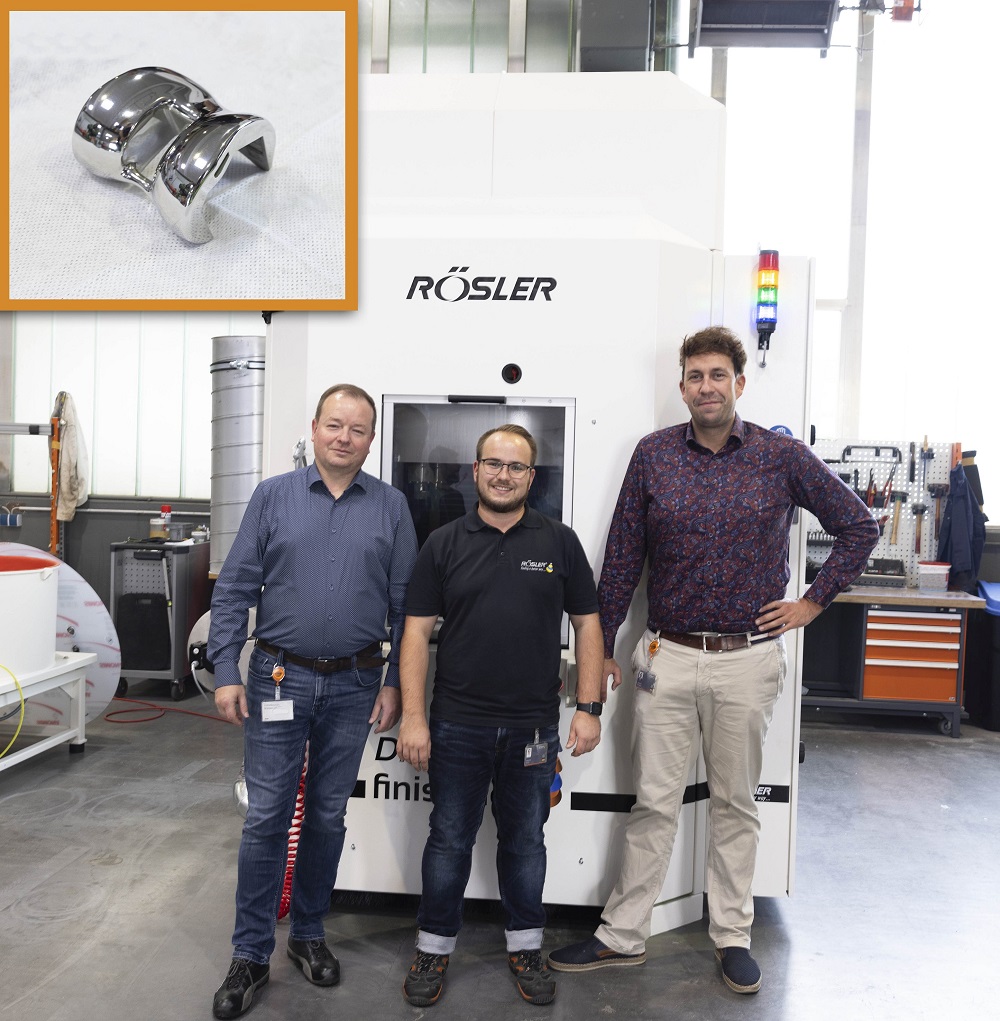Grinding machine manufacturer Studer is awarding its research prize, the ‘Fritz Studer Award’, for the seventh time, invitingstudents from European universities and technical colleges to participate. The winners will receive a reward of CHF10,000.Participation in the competition provides young researchers with a platform for their creative solutions. The goal of the award is to advance and strengthen innovative developments in the machine tool industry.
For this competition,Studer is looking for work and research results with the following content: innovative machine concepts or components for precision machine tools; alternative materials in machine construction; simulation models for the dynamic and thermal behaviour of machine tools; control and sensor concepts for machine tools; digital solutions to support the grinding process; and new or advanced manufacturing technologies, especially in precision machining processes such as grinding and hard turning.
Anyone who has focused on scientific topics or applied research areas in their student research project, college work or dissertation is invited to enter. The applicant should also be able to produce substantiated results or partial results from their research work. What is crucial for the assessment? Firstly, the feasibility of findings in the machine tool industry. Secondly, the approach must be new. Studer will also assess the scientific content, form and accuracy of the statements.
A prestigious jury will assess the submitted entries and choose the winner or winners, who will receive a reward of CHF 10,000, the Fritz Studer Award and a certificate.The award ceremony will take place in mid-February 2024. Entrants should send their documents to Fritz Studer AG, Dr Frank Fiebelkorn, Head of Research and Technology,PO Box 177, 3602 Thun, Switzerland,no later than 30 September 2023.
For further information www.studer.com/en



















